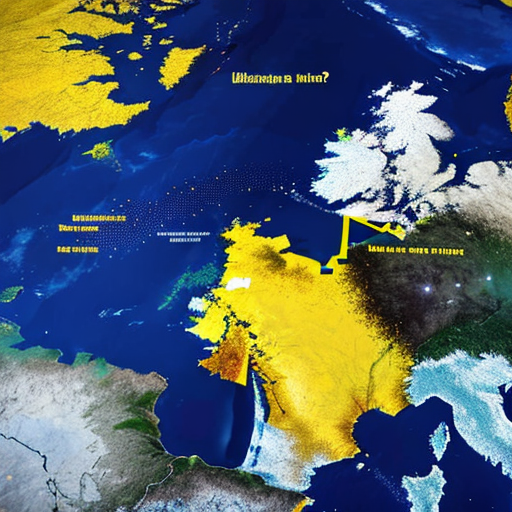10. March 2024
Is Europe doing enough to help Ukraine?

Is Europe doing enough to help Ukraine?
Yulia Navalnaya told MEPs: “If you really want to defeat Putin, you have to become an innovator” A $60bn (£47bn) package of US military support for Ukraine is held up in the House of Representatives. On the battlefield, Russian forces are beginning to make gains against their less well armed opponents. Two years on from Russia’s full-scale invasion of Ukraine, European capitals have largely maintained their political backing for Kyiv. In January the European Union agreed in January a €50bn package of grants and loans to fund Ukraine.
But the EU failed to meet its target of sending one million shells to Ukraine by the beginning of this month. European leaders are still agonising over what weapons to give Kyiv. Latest row is over Germany’s Taurus missiles. These have range of about 300 miles (500km), more than the UK-supplied Storm Shadows being used by Ukraine.
Many allies believe Taurus would give Ukraine the chance to strike deep behind Russian lines. The Czech government agreed a $1. 5bn (£1. 2bn) deal this week for a consortium of 18 Nato and EU countries to buy 800,000 rounds from outside the EU.
But it will not meet Ukraine’s demand for the 2. 5m shells it says it needs this year. Estonia wants all Nato countries to give Ukraine at least 0. 25% of their output in military support.
This would raise about 120bn euros per year. Some Europe policymakers are also drawing up plans for a form of updated “lend-lease arrangement to loan weapons to Ukraine. Eastern European countries are committing more military resource than Western counterparts. The aim is not just to raise cash for Ukraine but also level a strategic blow against Russia.
President Emmanuel Macron of France has ruffled feathers by suggesting the West should consider putting military boots on the ground in Ukraine. There is no evidence that the highest political level has understood the scale of the threat, says Keir Giles, senior consulting fellow at Chatham House, a British think tank. If action comes too late to avoid disaster, it will have been because of criminal complacency, he says.